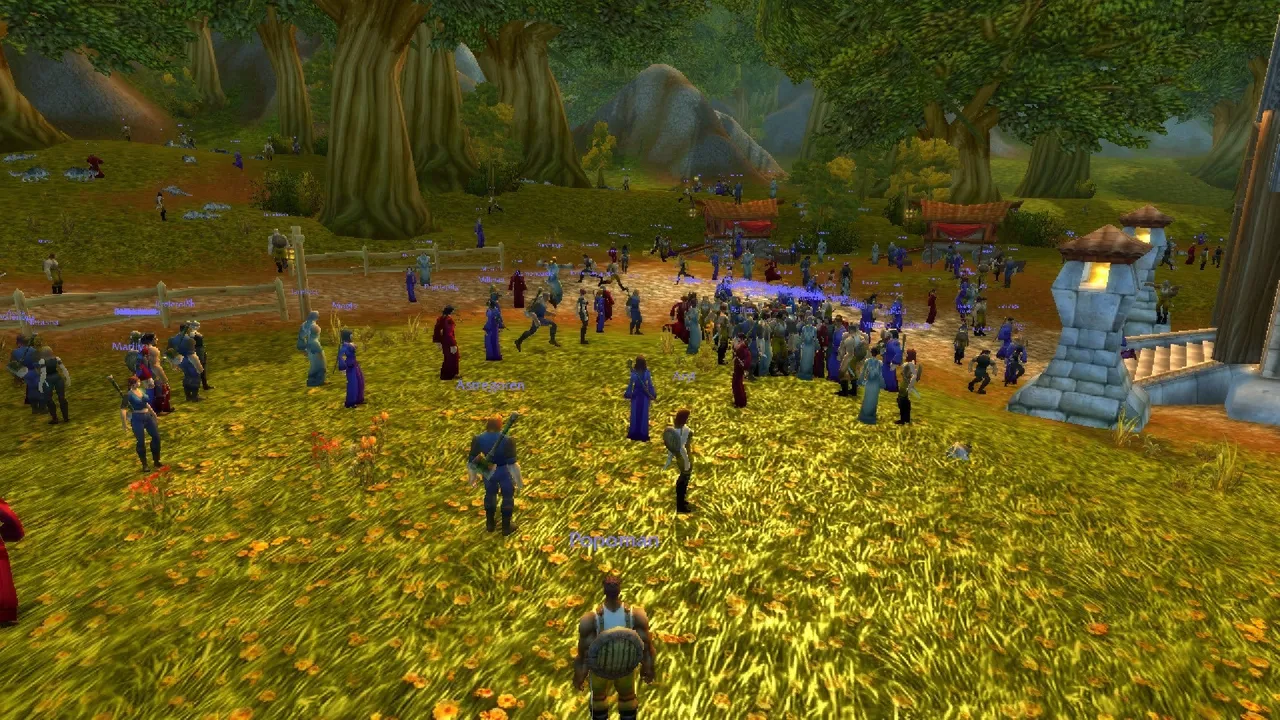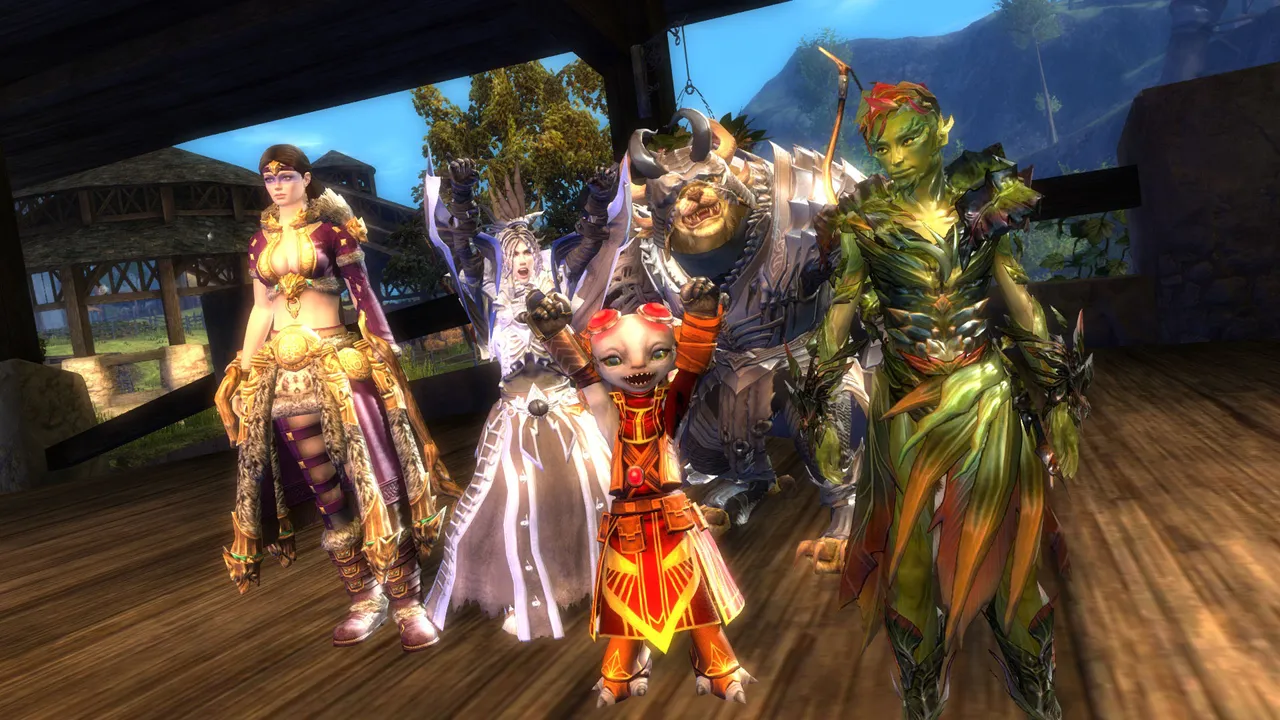Since the beginning of 1997, the year when the first online role-playing game "Ultima Online" came onto the market, the number of people on the servers has grown rapidly.
What makes them different from the majority of other players? For example, is escapism the motive, or are these players shy people who find it easier to socialize in virtual life?

Ultima Online img source
Why people play
Playing is undoubtedly one of the most important cultural achievements of man. Almost all areas of life are interspersed with playful content:
Children play in the sandbox, musicians play their instruments, lovers play with their eyes, demagogues play with words and gestures.
But the game is not always recognized as a cultural achievement.
Computer games in particular are an excellent example of a cultural asset that has great difficulty in public perception in being accepted as such - the German video game market is one of the largest in the world.
Games are more than a biological and psychological function of the body. Games are a factor in people's cultural life, affecting all areas of human coexistence.

World of Warcraft img source
Why are computer games so fascinating?
A common concept used to explain why people play computer games is "structural coupling". The most important determinant of the fascination of computer entertainment is the possibility of exerting power over and controlling a virtual world.
For some players, however, this fascination can turn into gambling addiction.
See one of my previous posts: Games and the addiction trap
In role-playing games in particular, players are transported into a world that appears to run parallel to reality and lasts forever. This infinity fiction also suggests to the role-players that their achievements will last forever.
According to the current state of research, the aspect of exercising power, dominance and control over what is happening in the game can be seen as the central determinant of the fascination of computer games.
For example, in many strategy games the elements “build a base – produce units – destroy opponents” are of central importance, you see what is happening from the “God perspective” from above.
People want to exercise power and control not only in the virtual but also in the real world. The concept of structural coupling succeeds in bridging reality and virtuality: people find control motives in games (e.g. order, fight, completion, expansion), take them up and then try to prove themselves in the game.
For example, if a person's life is characterized in particular by the motive "completion", it will also be found in the favorite game.
This is not a causal relationship, but rather a parallelism between the real world of existence and the virtual game world.
Maintaining relationships in a guild
In guilds there is more interaction between the players.
Contacts with partners, friends and family far outweigh the importance of the guild and the online community (fortunately).
The quality of online relationships can be compared to those with work colleagues or classmates.
With increasing gaming consumption, the importance of virtual contacts becomes more pronounced, but even with excessive gaming behavior these values usually do not reach the level of real-world contacts.
In general, the following points are seen as valid
- Membership in a guild encourages game consumption.
- The number of friendships found through playing increases game consumption.
- The game consumption among the guild members is particularly high when the contacts there are considered to be of high quality (at least on a par with the real-world contacts).

Guild Wars 2 img source
So what drives people to play a lot or even excessively?
What factors drive gaming consumption up?
The desire to achieve mastery is directly dependent on the level of gaming consumption.
In the language of "us players", this results in a "pro gaming behavior" that young men in particular display.
Women, on the other hand, play more often out of the motivation to chat with others and get to know people.
As with offline games, these phenomena can be interpreted as an effect of "parallel coupling", according to which real-world life contexts are transferred to virtual life in a gender-specific manner: since competition and armed conflicts play a more important role in the life-world of young men than in females, male players show more interest in gaining experience points and virtual clashes.
Maintaining relationships with virtual friends can be cited as a second important factor for high gaming consumption.
When friendships are made online, they are often found manifested in guilds.
The maintenance of new acquaintances is expressed through regularly recurring interaction - in this case through "playing".
The repeated interaction in the virtual creates a space of trust, so that virtual contacts are often seen as qualitatively equal to the real world. This has a positive effect on gaming consumption.
Personally, I am clearly one of the "frequent gamers" and spend numerous hours in various games.
Role-playing games, city building games, shooters, everything is included.
And I totally agree that on the one hand it has a simple relaxing effect on me and on the other hand it allows me to do things that I just won't experience under normal circumstances.
At least I haven't had to fight a dragon in my garden so far...
